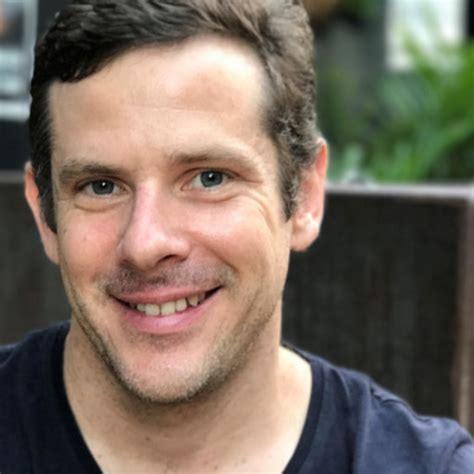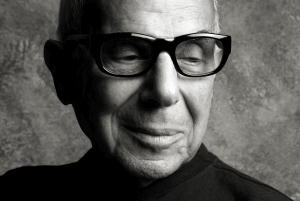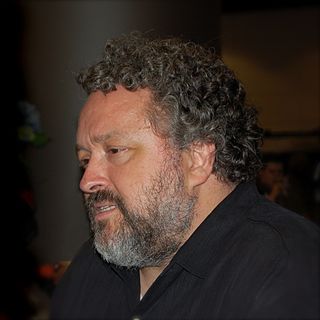A Quote by Kenneth E. Boulding
Related Quotes
We are each given a block of marble when we begin a lifetime, and the tools to shape it into sculpture. We can drag it behind us untouched, we can pound it to gravel, we can shape it into glory. Examples from every other life are left for us to see, lifeworks finished and unfinished, guiding and warning. Near the end our sculpture is nearly finished, and we can smooth and polish what we started years before. We can make our progress then, but to do it we must see past the appearances of age.
We humans have indeed always been adept at dovetailing our minds and skills to the shape of our current tools and aids. But when those tools and aids start dovetailing back - when our technologies actively, automatically, and continually tailor themselves to us, just as we do to them - then the line between tool and user becomes flimsy indeed.
If we all make systematic mistakes in our decisions, then why not develop new strategies, tools, and methods to help us make better decisions and improve our overall well-being? That's exactly the meaning of free lunches- the idea that there are tools, methods, and policies that can help all of us make better decisions and as a consequence achieve what we desire-pg. 241
All we have to believe with is our senses, the tools we use to perceive the world: our sight, our touch, our memory. If they lie to us, then nothing can be trusted. And even if we do not believe, then still we cannot travel in any other way than the road our senses show us; and we must walk that road to the end.


































